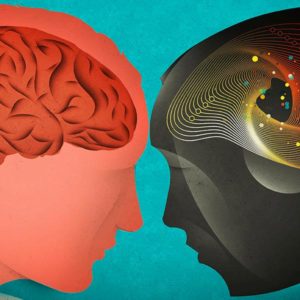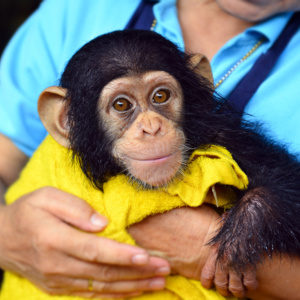
Panel Discussion: How Do We Address Privacy in the World of Artificial Intelligence?
Artificial intelligence has transformed what we can learn and decipher from the brain. Are we mistaken to refer to our personal information as “ours” or to claim individual privacy rights to those multifarious details being scooped up by data miners and aggregators? Might there be better, more apt ways to think about individual privacy and personal information—perhaps as collective or public goods?


